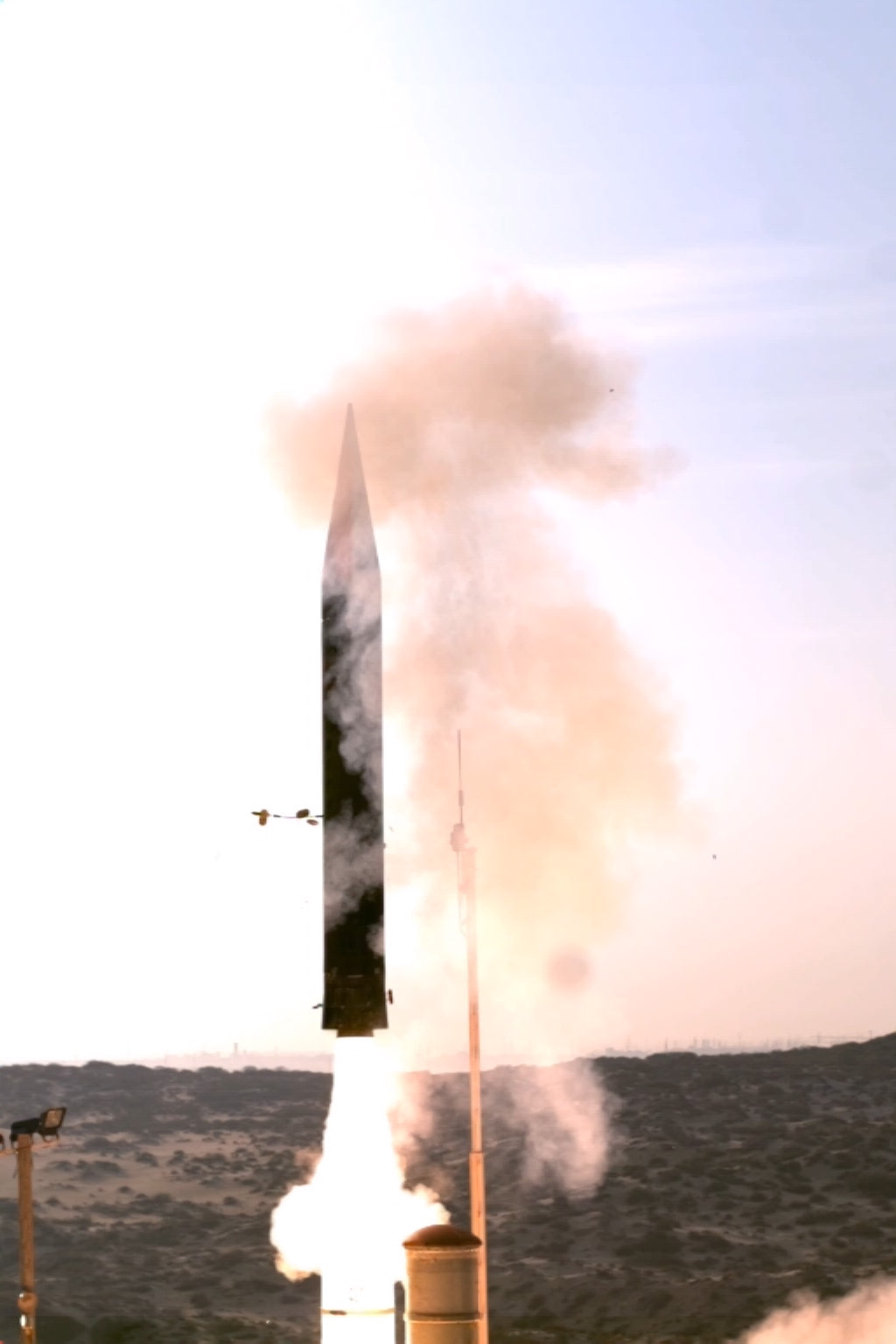Israel-Iran war threatens oil prices, with $10 per gallon gas possible if war escalates in the Persian Gulf
06/17/2025 / By Lance D Johnson

The world stands on the brink of an energy catastrophe as escalating tensions between Israel and Iran threaten to choke off the world’s most critical oil artery—the Strait of Hormuz. With Iraqi Foreign Minister Fuad Hussein warning of oil prices skyrocketing to $300 per barrel, the stakes have never been higher for economies around the world.
If Iran retaliates by blocking this vital passage, the global economy could plunge into chaos, sending gas prices soaring past $10 per gallon and igniting runaway inflation in already struggling nations. This isn’t just another geopolitical skirmish—it’s a looming disaster that could leave millions scrambling to afford basic necessities while governments and corporations exploit the crisis for profit.
Key points:
- Israeli airstrikes on Iranian nuclear and military sites have triggered fears of a full-scale conflict, with Iran threatening to close the Strait of Hormuz.
- A blockade could remove 5 million barrels of oil per day from global markets, sending prices to 200?200?300 per barrel—more than triple current levels.
- Gasoline prices in the U.S. and Europe could surge to 7?7?10 per gallon, devastating household budgets and accelerating inflation.
- Tanker rates have already spiked 30% as shipowners avoid Middle Eastern routes amid rising electronic interference and sabotage risks.
- Iran faces a strategic dilemma: weaponizing oil could provoke U.S. military intervention, while restraint leaves it vulnerable to further Israeli strikes.
The Strait of Hormuz: The world’s economic lifeline in peril
The Strait of Hormuz isn’t just another shipping lane—it’s the heartbeat of the global oil market. Every day, 20 million barrels of crude pass through this narrow choke point, supplying Europe, Asia, and the U.S. with the lifeblood of modern economies. If Iran follows through on threats to mine or blockade the strait, the consequences would be immediate and catastrophic.
Historical precedent looms large. During the Iran-Iraq War in the 1980s, Tehran mined the strait, prompting the U.S. Navy to intervene in Operation Earnest Will. Today, with tensions at a boiling point, Iran’s Revolutionary Guard commanders openly discuss shutting down the passage—a move that would dwarf the economic shock of Russia’s invasion of Ukraine.
$300 per barrel of oil: A death sentence for struggling economies
What does $300 per barrel oil look like for the average American or European? The answer is simple: economic ruin.
- Gas prices: Current U.S. averages hover around $3.14 per gallon. A Hormuz blockade could push that to $10 per gallon, turning routine commutes into financial nightmares.
- Food and goods inflation: Oil fuels transportation, manufacturing, and agriculture. Skyrocketing crude prices would send the cost of everything from groceries to appliances and electronics spiraling out of control.
- Recession risks: Citibank analysts warn that sustained prices above $150 could trigger a global downturn, wiping out jobs and savings.
For working-class families already crushed by inflation, this isn’t just a hypothetical—it’s a looming reality.
Iran’s dangerous gamble: Will they risk it all?
Iran’s leadership faces a brutal choice. Closing the strait could inflict pain on the West, but it would also alienate Gulf allies like Saudi Arabia and invite direct U.S. military retaliation. Meanwhile, Israel’s precision strikes on Iranian energy infrastructure—like the Bazan refinery in Haifa—show Tehran’s vulnerability.
Greg Priddy, an energy analyst, notes that Iran may be holding back to avoid provoking Gulf states: “Iran seems to be trying to find a way back to the negotiating table with Trump. They would also prefer not to have to hit Arab countries.”
But desperation breeds recklessness. If Tehran decides it has nothing left to lose, the world could wake up to $300 oil overnight—and no amount of political spin will shield the public from the fallout.
Sources include:
Submit a correction >>
Tagged Under:
economic collapse, energy crisis, fuel costs, gas prices, geopolitical risk, global recession, inflation, Iran, Iran-Iraq War, Israel, Middle East conflict, oil prices, oil production, oil tankers, OPEC, Saudi Arabia, Strait of Hormuz, supply chain, U.S. military, war
This article may contain statements that reflect the opinion of the author
RECENT NEWS & ARTICLES
SupplyChainWarning.com is a fact-based public education website published by SupplyChainWarning.com Features, LLC.
All content copyright © 2021 by SupplyChainWarning.com Features, LLC.
Contact Us with Tips or Corrections
All trademarks, registered trademarks and servicemarks mentioned on this site are the property of their respective owners.



















